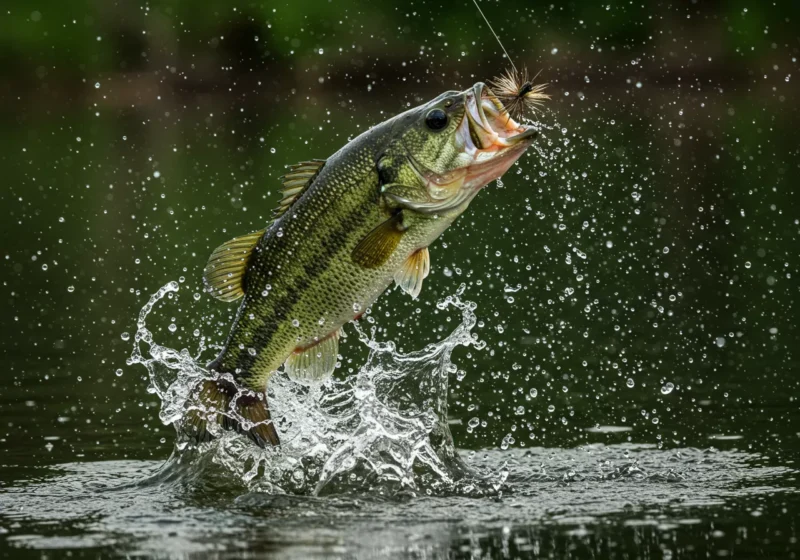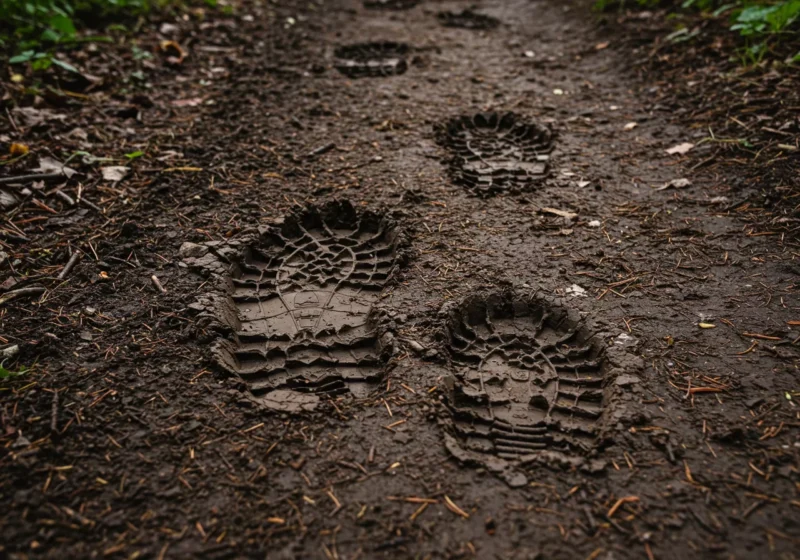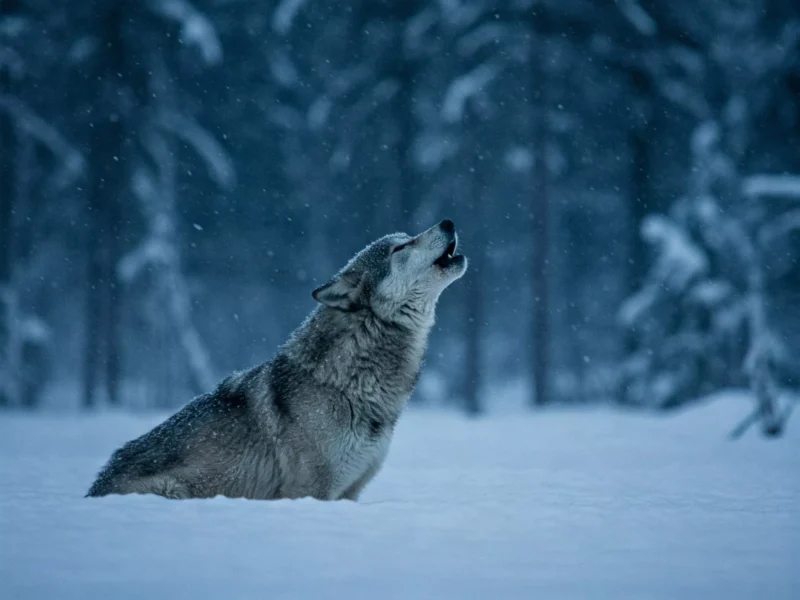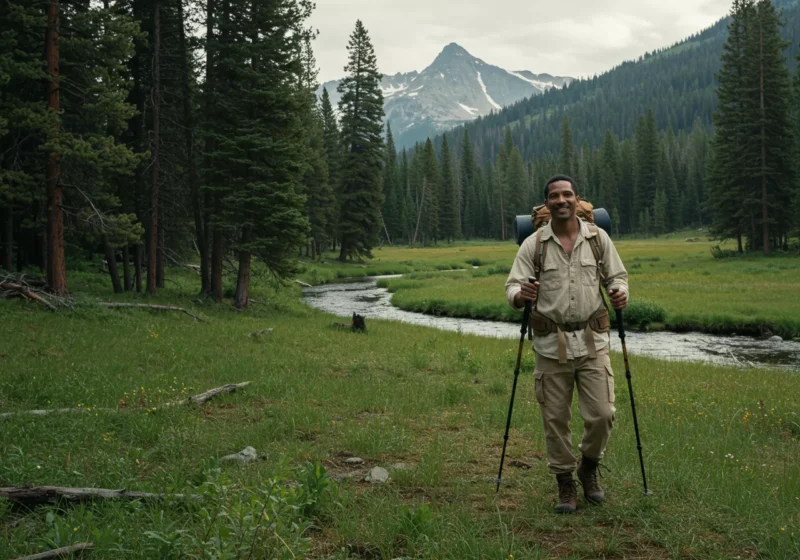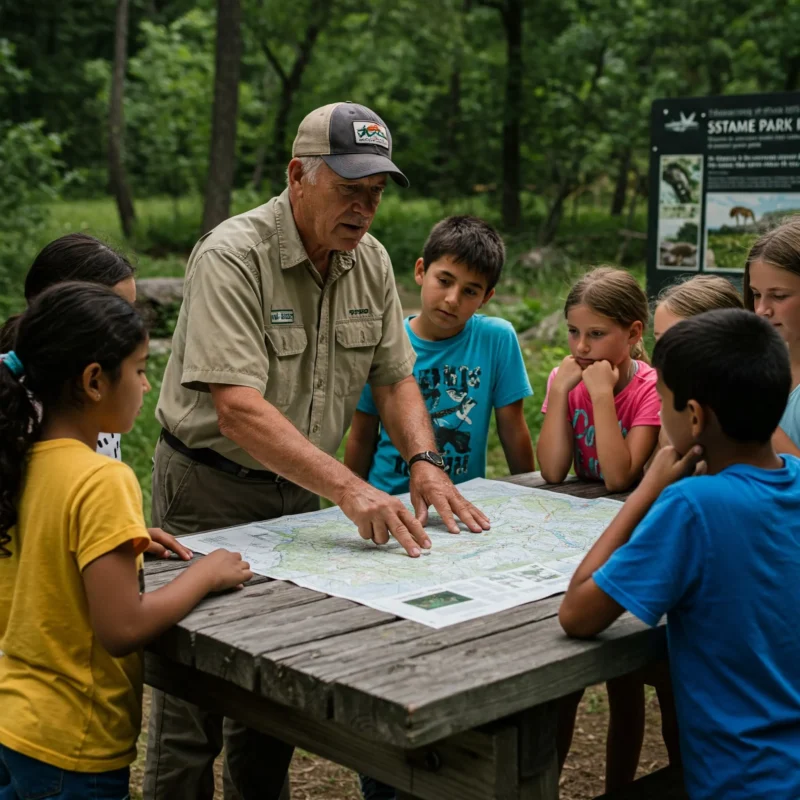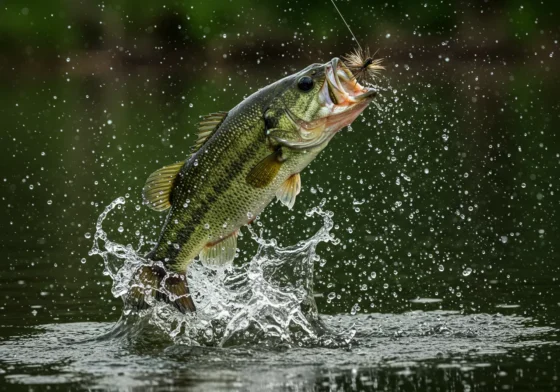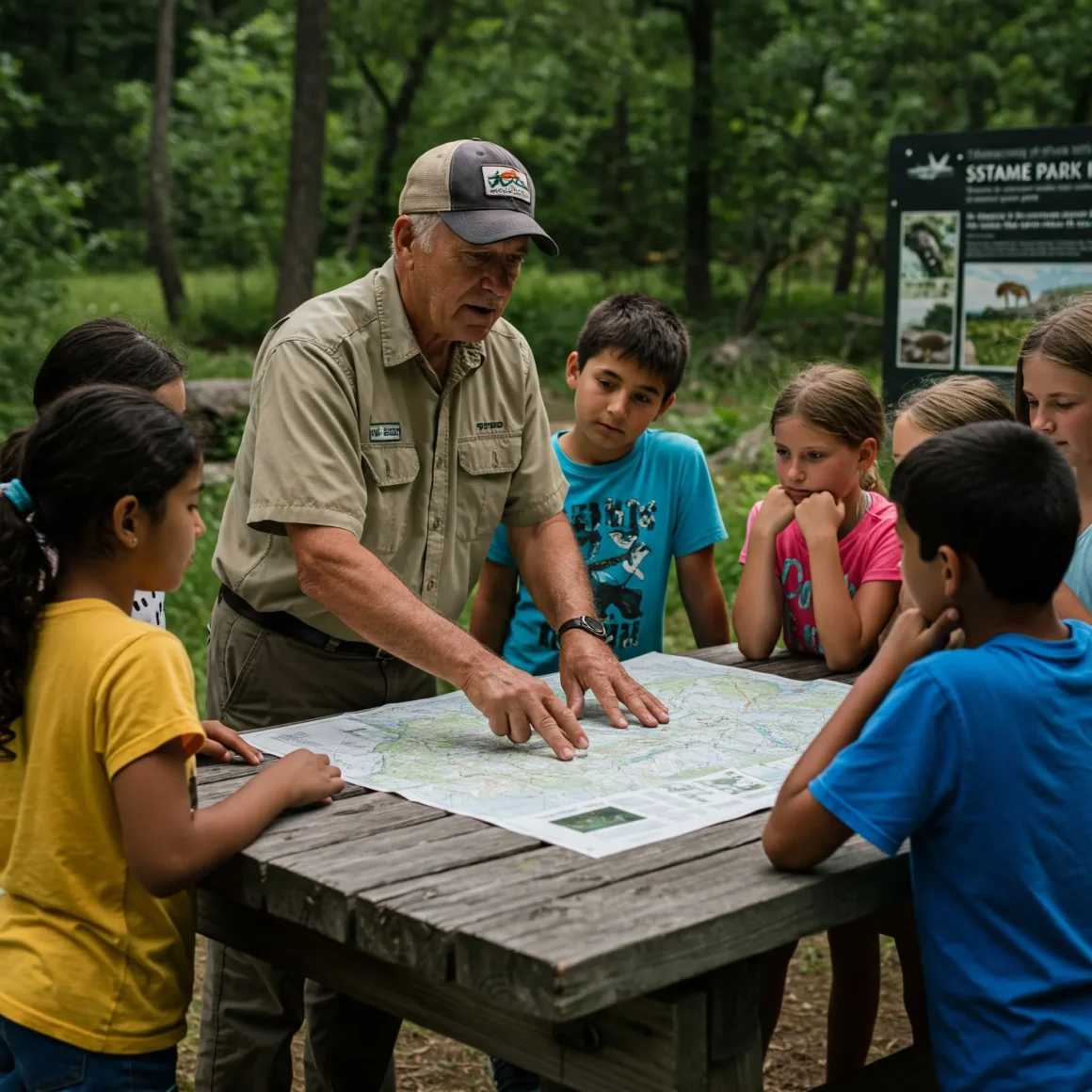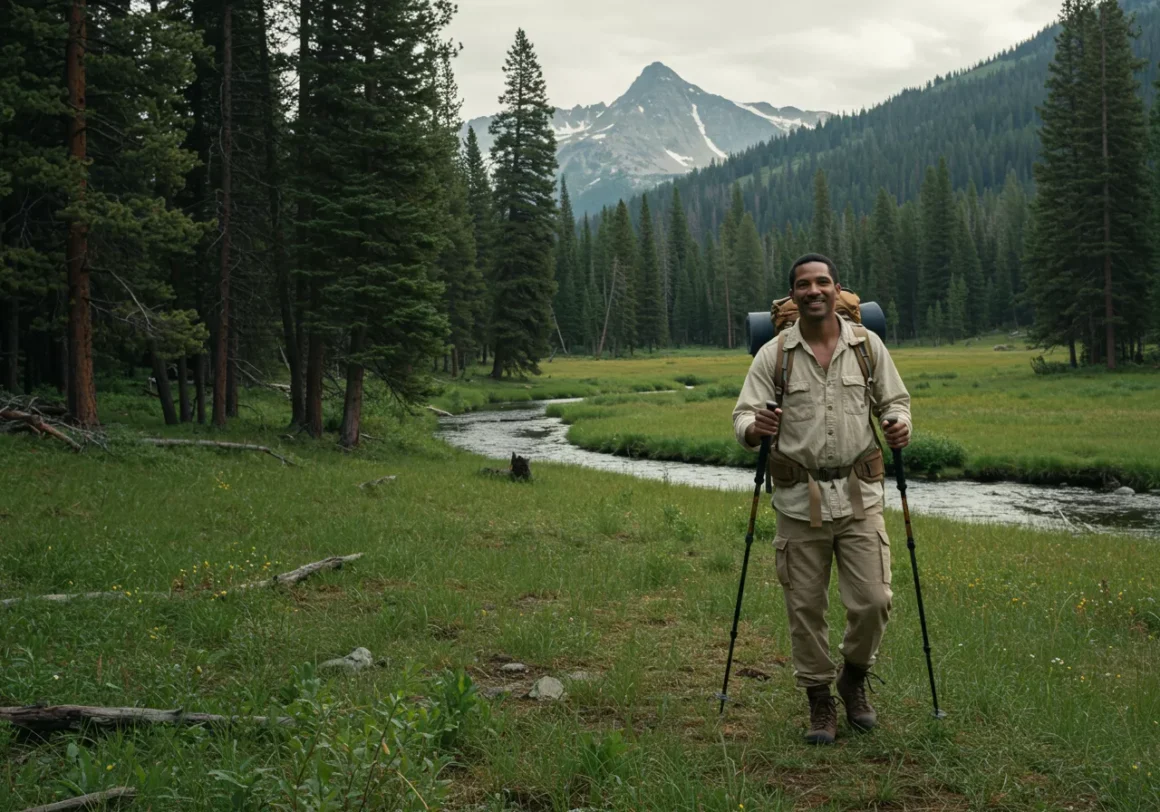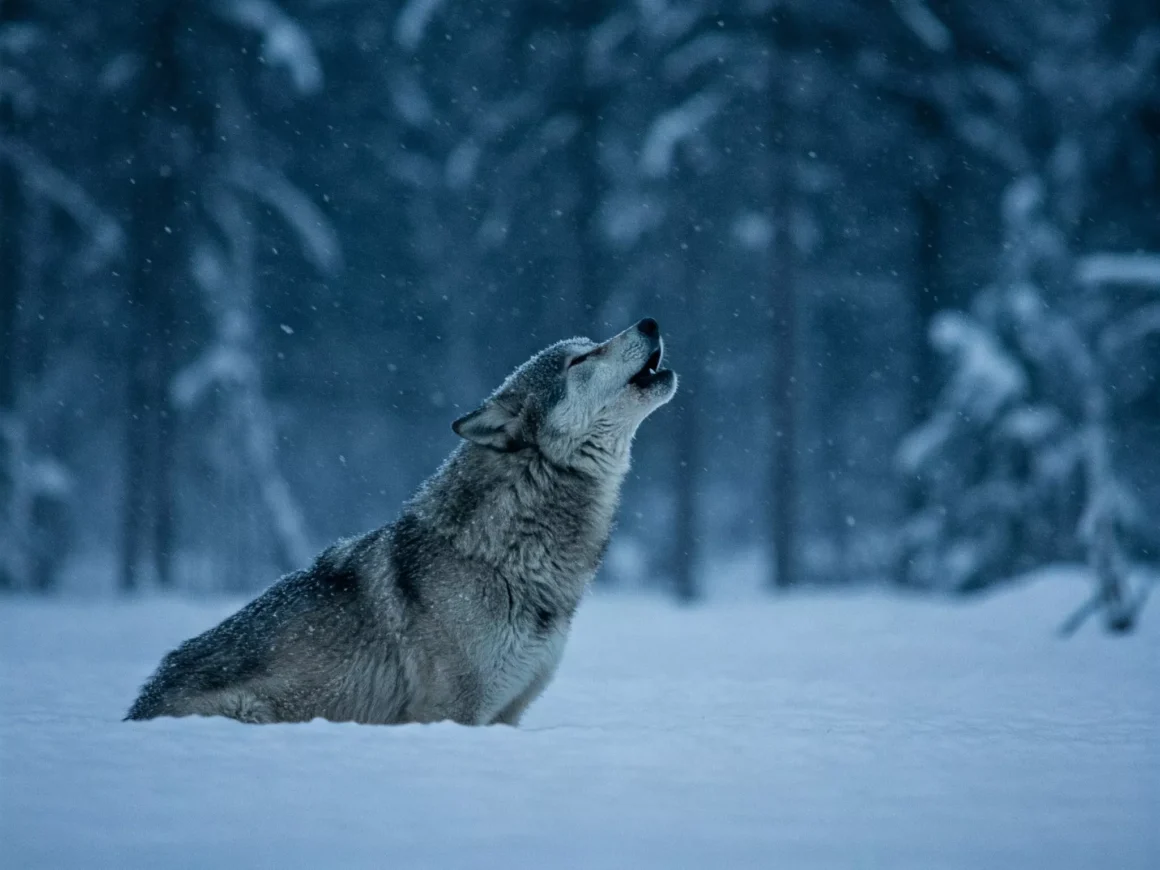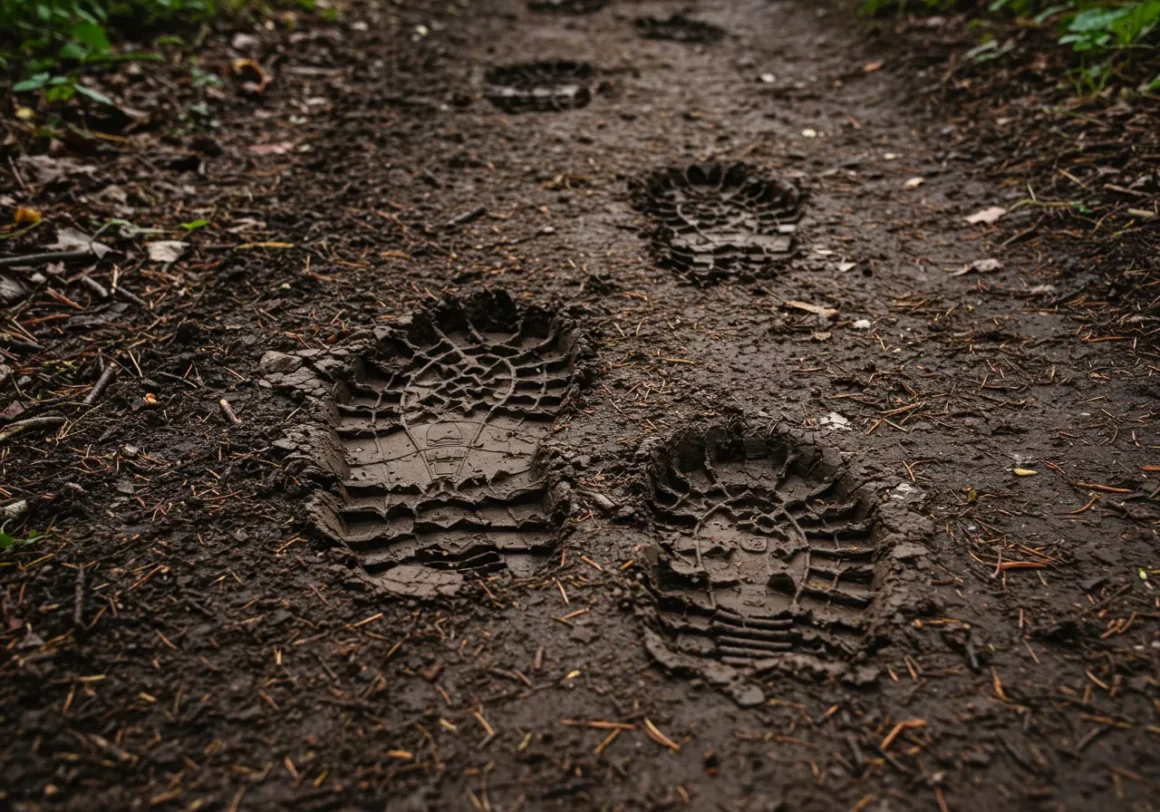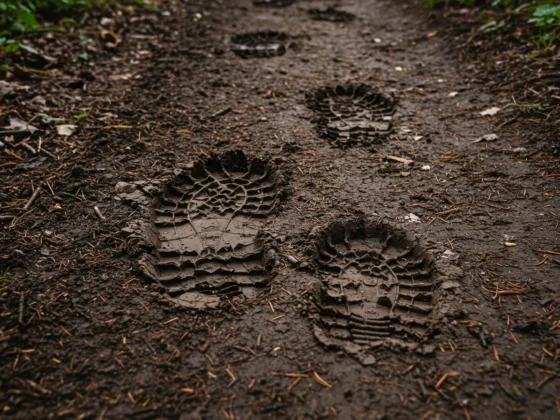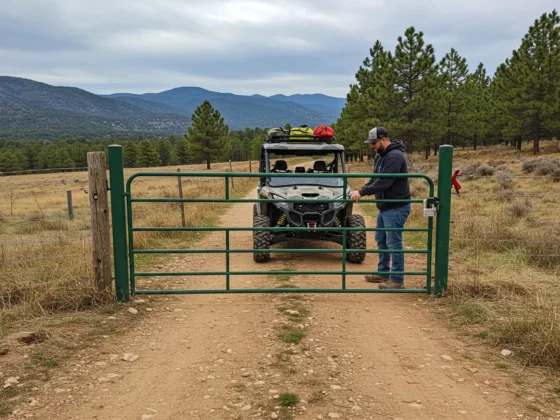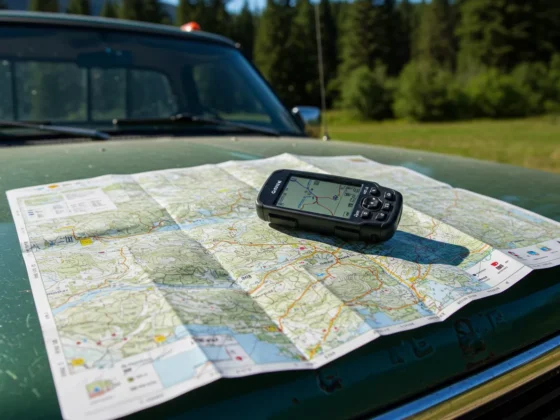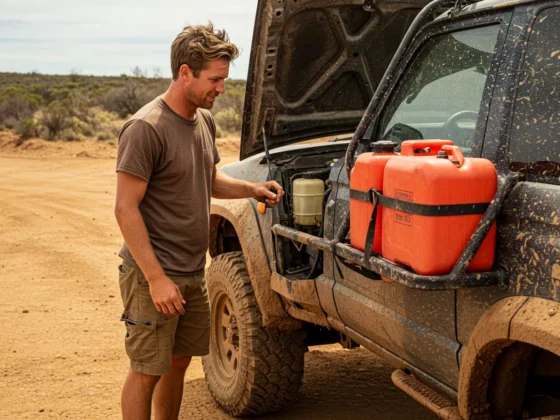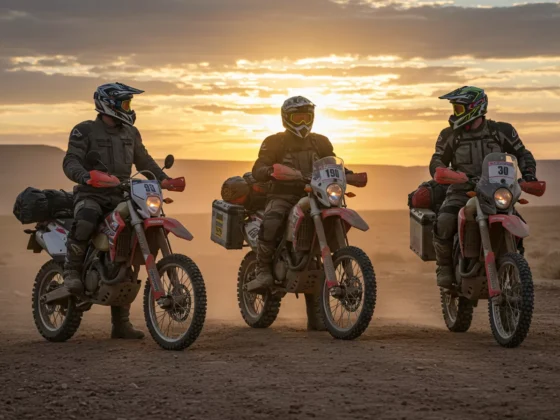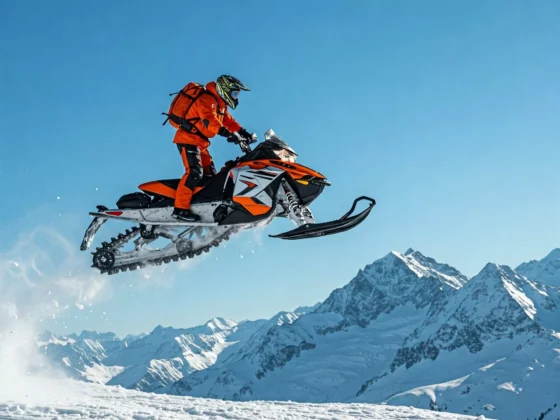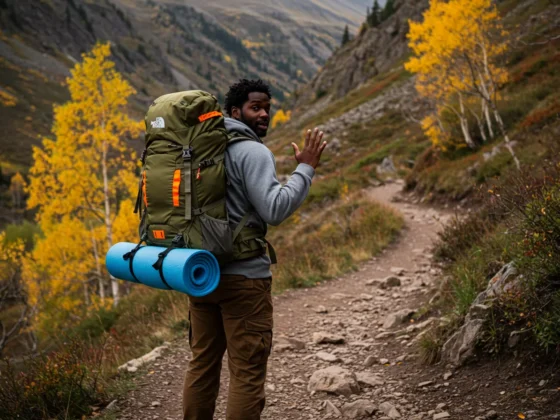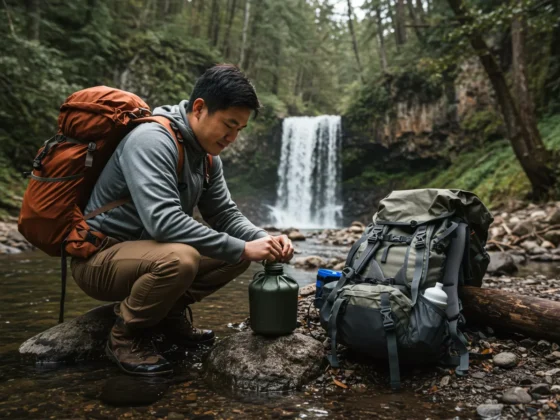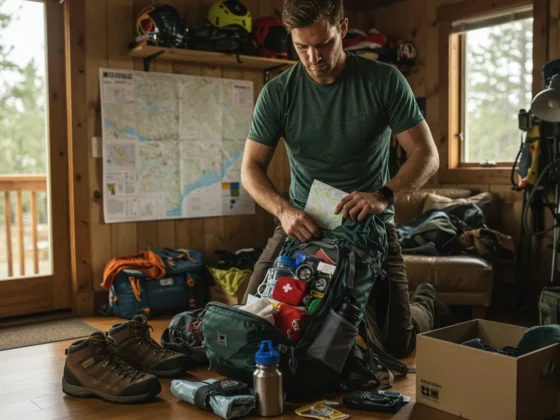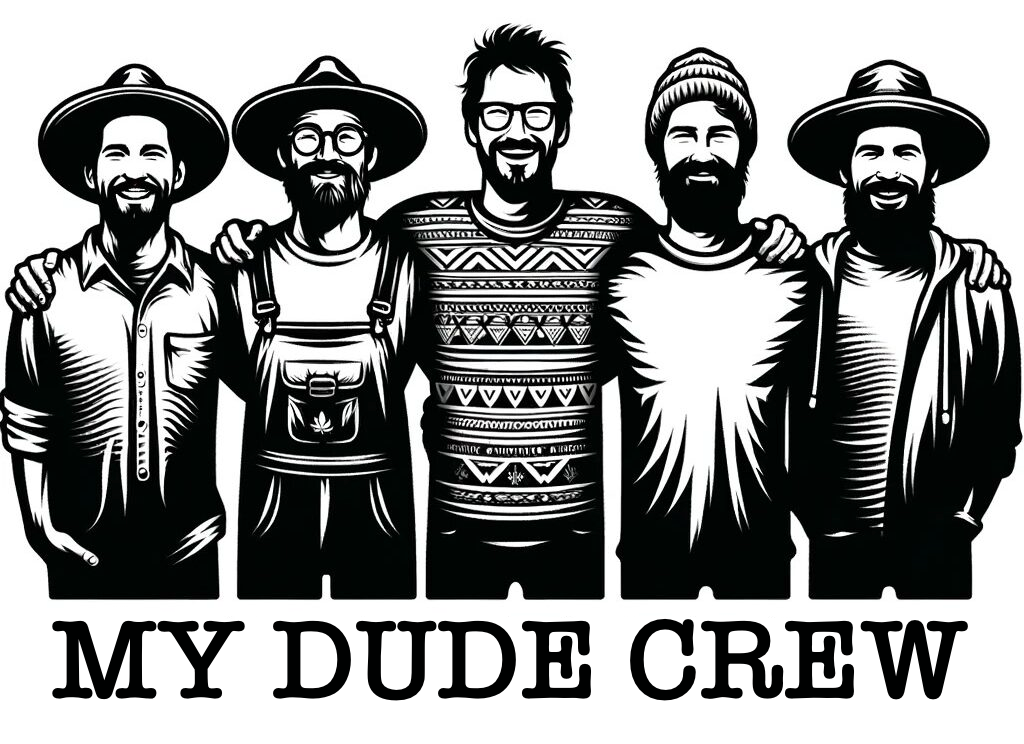For many of us, the wild places aren’t just a backdrop for our adventures; they’re a part of who we are. We seek solace in the quiet whisper of the pines, challenge on rugged mountain trails, and connection on the water’s edge. This deep appreciation comes with a quiet understanding – that our presence, however respectful, has an impact. To be true outdoorsmen, we are called not just to experience these landscapes, but to become their thoughtful stewards, their modern-day guardians. This isn’t about rigid rules, but about cultivating a deeper awareness and living by a shared set of ethics that ensures these places thrive long after we’ve packed up camp or hung up the waders. It’s about recognizing our place in the grand tapestry of nature and acting with intention.
Stepping onto a trail or launching a boat, we often focus on the immediate journey ahead. But beneath our boots or the hull of our craft lies a complex world, a delicate balance that our very presence can alter. Think of the sensitive alpine meadows where one misplaced step can damage decades of growth, or the riverbanks where erosion can muddy the waters vital for fish. Developing ecological awareness means seeing beyond the postcard view and understanding the intricate connections between the soil, water, plants, and animals – recognizing that we are just one thread in this vibrant, interwoven system.
This awareness brings responsibility. It prompts us to ask questions: Where does our waste go? How does noise affect wildlife? What impact does our fishing pressure have on a particular species? It means understanding concepts like Leave No Trace not just as a set of rules, but as principles born from a deep respect for the land. It’s about making conscious choices, like camping on durable surfaces, packing out everything we pack in, and minimizing our footprint so that the next person, or the next generation, finds the place just as wild and beautiful as we did. Taking this understanding of our impact is the first step in truly connecting with the wild world ethically.
Our trails and waterways are shared spaces, vibrant with the lives of creatures who call them home. Ethical encounters are about recognizing their right to exist undisturbed and conducting ourselves in a manner that minimizes stress and disruption. This means giving wildlife plenty of space, never feeding animals (it habituates them and can harm their health), and observing from a distance with binoculars or a telephoto lens, rather than crowding them for a closer look or that perfect photo. It’s about appreciating their wildness without seeking to tame or interfere with it.
For those who hunt or fish, ethical encounters extend to the principles of fair chase and responsible harvesting. This involves understanding regulations designed to protect populations, knowing your equipment and skills well enough to ensure a clean outcome, and respecting the animals harvested. It’s about more than just the act of pursuit; it’s about honoring the life taken and using resources wisely. Whether angling on a quiet creek or tracking game through the timber, maintaining a deep respect for the lives around us defines an ethical outdoorsman. This respect for the present moment in nature naturally leads us to consider its future.
The wild places we cherish, from vast national forests to local fishing holes, face increasing pressures from development, pollution, and climate change. Ensuring their future isn’t just the job of government agencies; it’s a collective responsibility, and outdoorsmen have a vital role to play. Our passion for these areas gives us a unique voice and a vested interest in their protection. Supporting conservation efforts means putting our time, energy, and resources into organizations and initiatives that work to preserve habitats, protect endangered species, and advocate for responsible land management.
There are countless ways to contribute. It might be volunteering for a local trail maintenance day, participating in habitat restoration projects, or joining a conservation group that aligns with your interests. Financial contributions, no matter how small, add up and provide crucial funding for research, land acquisition, and policy work. Becoming informed about local and national conservation issues and speaking up for the protection of natural resources is also essential. By actively supporting conservation, we help secure the landscapes and the legacy of outdoor pursuits for generations to come, which brings us to the next important step.
The knowledge and appreciation we hold for the outdoors and the ethics that guide us are gifts best shared. Passing on these values to younger generations is perhaps the most critical conservation effort we can undertake. Taking a child fishing for the first time, teaching a teenager how to set up a tent properly, or explaining the importance of staying on designated trails instills not just skills, but a fundamental respect and connection to the natural world. These shared experiences build a foundation of stewardship that lasts a lifetime.
Mentoring involves more than just teaching techniques; it’s about sharing the ‘why’ behind our practices. Explaining why we pack out trash, why we don’t disturb nesting birds, or why catch-and-release is important in certain fisheries helps young people understand their role as responsible participants in the ecosystem. It’s about fostering curiosity, encouraging observation, and nurturing a sense of wonder. By patiently guiding the next wave of outdoorsmen and women, we ensure that the torch of conservation and ethical engagement with the wild continues to burn brightly.
Conclusion
Being an outdoorsman is more than a hobby; it’s a way of life rooted in a deep connection to the natural world. As Guardians of the Wild, our responsibility extends beyond simply enjoying the bounty nature provides. It encompasses understanding our impact, treating wildlife and habitats with respect, actively supporting conservation efforts, and patiently passing on our knowledge and values to those who follow. It’s a continuous journey of learning, adapting, and striving to leave the places we cherish better than we found them, ensuring the wild remains vibrant and accessible for all who seek its profound embrace.

